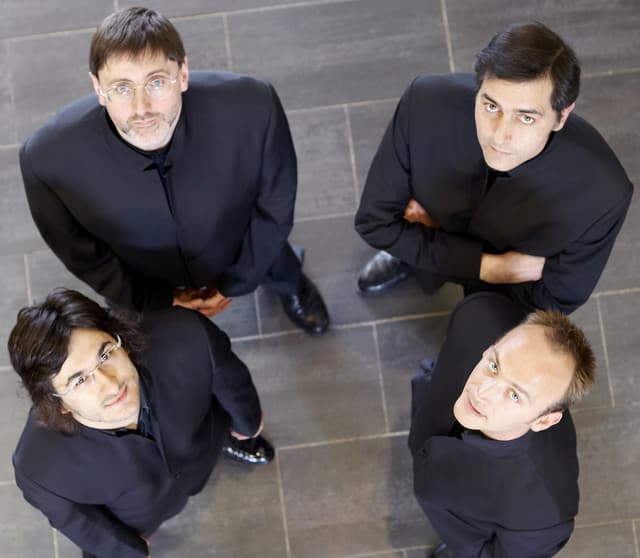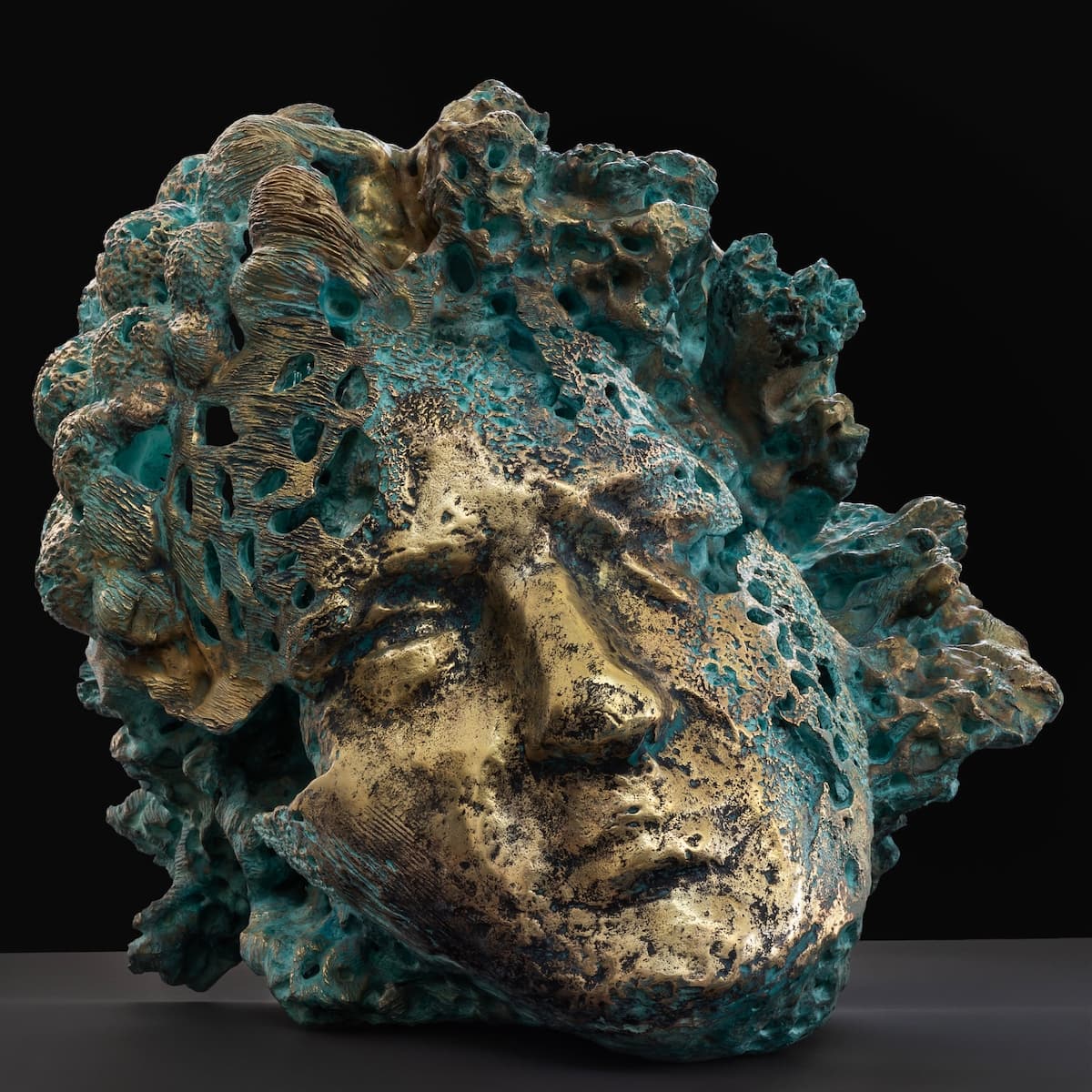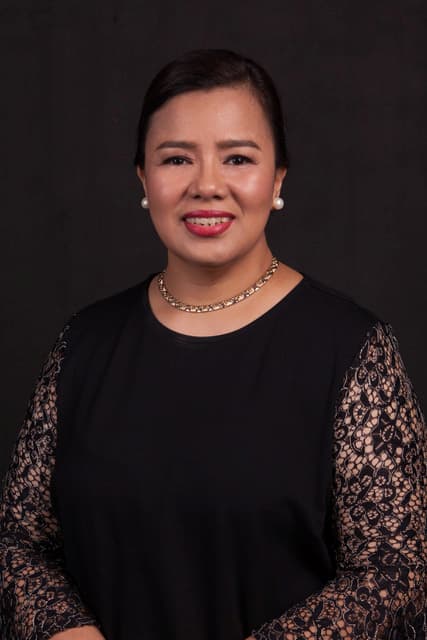The harpsichordist and conductor Christophe Rousset is widely considered a leader in the contemporary revival of French Baroque music. A trained musicologist and founder of the French music ensemble “Les Talens Lyriques,” Rousset has been awarded the French honours of Chevalier of the Legion of Honour, Commandeur in the Ordre des Arts et des Lettres and Chevalier in the Ordre National du Mérite.
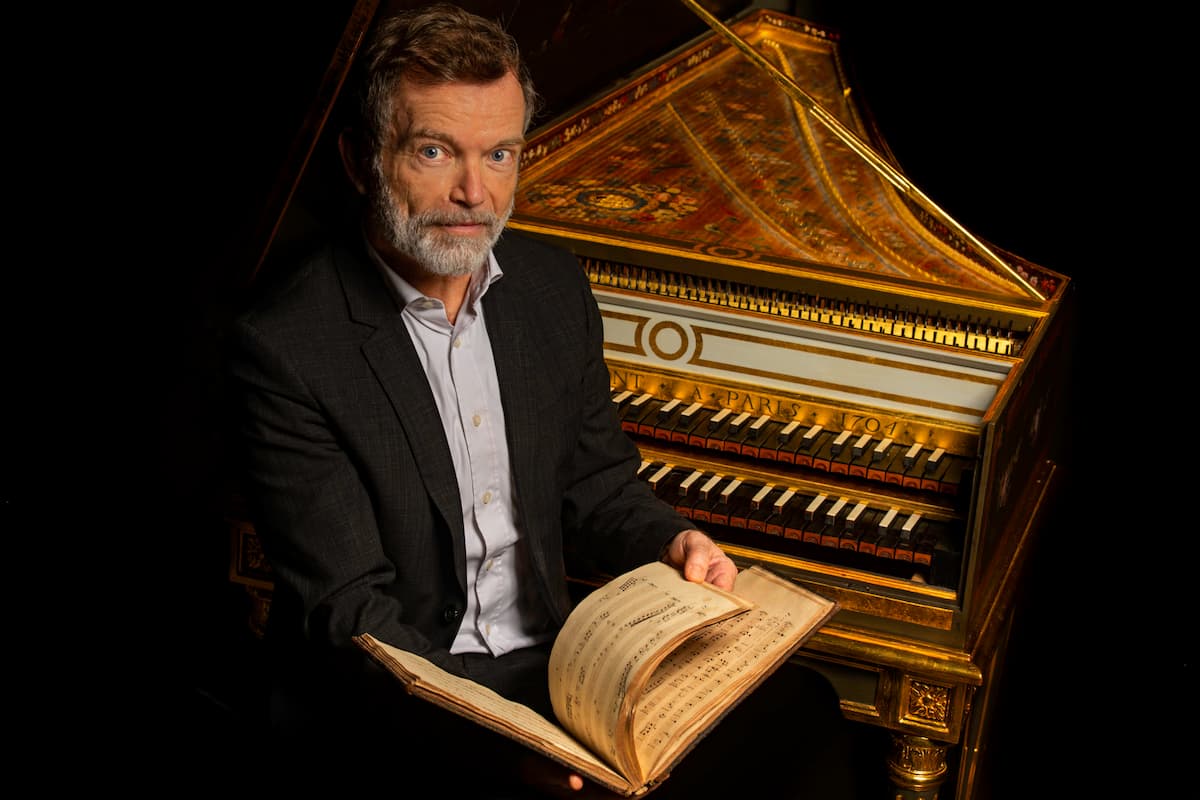
Christophe Rousset © E. Larrayadieu
Praised as “one of the most inventive directors in the baroque revival movement, Rousset has turned his attention to the recently-rediscovered opera Fausto by Louise-Angélique Bertin. On the eve of this momentous occasion, I asked Mr. Rousset about his interest in archaeology and his love for the harpsichord.
Christophe Rousset Performs Jean-Philippe Rameau: “Les Cyclopes”
In Love with the Harpsichord
For Rousset, archeology was always a dream, and the past in general, history, archeological sites, as well as castles, and baroque architecture always held great fascination. As he explained, “the harpsichord was the supreme musical instrument to express this lost world: it was like a time machine for me.”
With the vast majority of the harpsichord repertoire dating from a different time, and a completely different way of thinking about music and life, I asked Rousset what aspects of that particular time period and culture he found most interesting. As he explained, “Music by then was mostly “speaking,” while later music is more “depicting.” Baroque language is very polite, very clear, and well structured, reflecting the Age of Enlightenment. The idea of phenomena on stage, with breathtaking technique and virtuosity, is a romantic pattern. In the baroque era, the listener can relate to the players and understand like in a conversation. The form is also very important: dance forms, da capo arias etc offer a frame of familiarity.”
Rousset/Les Talens Lyriques Perform Lully’s Alceste, “Excerpts”
Operatic Passion
Always passionate about opera, Rousset grew up in Aix en Provence, and he was able to attend opera rehearsals for the festival “d’Art Lyrique” as a boy. It was a marvelous and completely unknown world to him. “The first opera on stage I saw was a Tosca in the small opera of Aix, (now called Jeu de Paume).” he explains. “I still remember this performance and the emotions I felt. The opera bug remained active and between rehearsals every summer in Aix, recordings, radio broadcastings, and free tickets offered to Paris Conservatoire students, I developed my opera culture. My dream was to play the recitatives on harpsichord one day at Aix festival. My dream became reality when I conducted Così fan tutte in this mythical (for me!) orchestral pit.”
Les Talens Lyriques
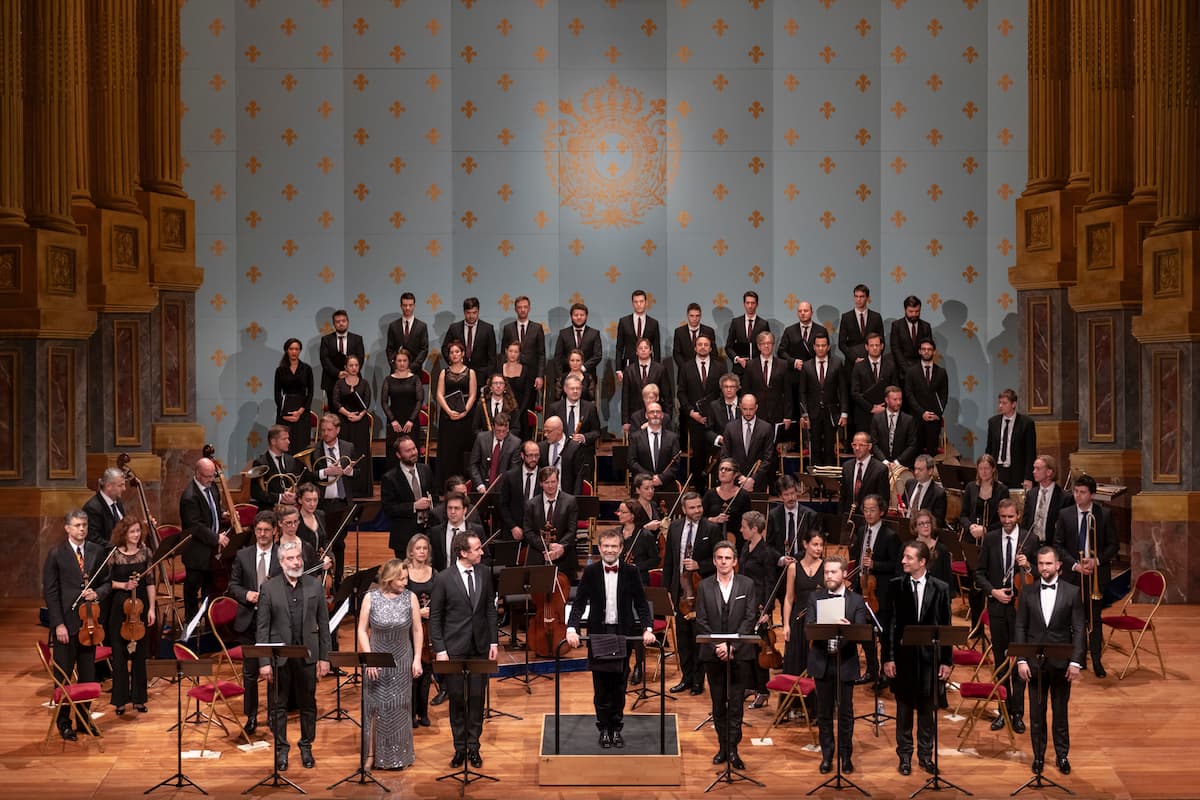
Les Talens Lyriques
Over the last decades, a substantial number of ensembles have participated in the historically informed performance movement. And so I wanted to know why Rousset found it necessary to found his own “Les Talens Lyriques”?
Rousset was the assistant of William Christie with “Les Arts Florissants” from 1986 to 1991. He considered it a wonderful environment to grow as a musician, “but one day I felt the need to express my own musical ideas, to choose all singers and players around me. I was young and naive enough to think it was easy to jump and create my own ensemble “Les Talens Lyriques.” Retrospectively it seems crazy…”
Rousset/Les Talens Lyriques Perform Gounod’s Sapho, “Ô ma lyre immortelle”
Fausto by Louise-Angélique Bertin
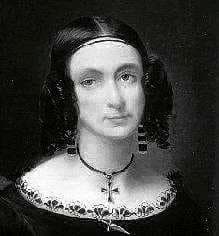
Louise Bertin
Christophe Rousset took on the task of presenting the modern premiere of the opera Fausto by Louise Bertin. I wondered why it is important to revive forgotten works and specifically works by women composers. As he explained, “From the very beginning of my ensemble, discovery has been my main goal. A way of being an archaeologist?”
“The big point for a conductor is that there is no tradition in those unknown works. It means that the whole conception, dramaturgy, interpretation is mine. In a Mozart piece, I have to adapt to singers who know their roles better than me. Tradition kills freshness. Louise Bertin was a real challenge. Her music is very inspired, quite ambitious, rich with colour, harmony, and complexity of construction.
She suffered when she created on the most important stages in Paris (Opéra Comique, Les Italiens, Opéra de Paris) because of her gender but also because her family was wealthy and politically well-established. A cabal destroyed her career. But she definitely deserved more consideration.”
Louise Angelique Bertin: “Ah, dors en paix, mon bel enfant” (Suzanne Danco, soprano; Francesco Molinari-Pradelli, piano)
Bertin and Berlioz
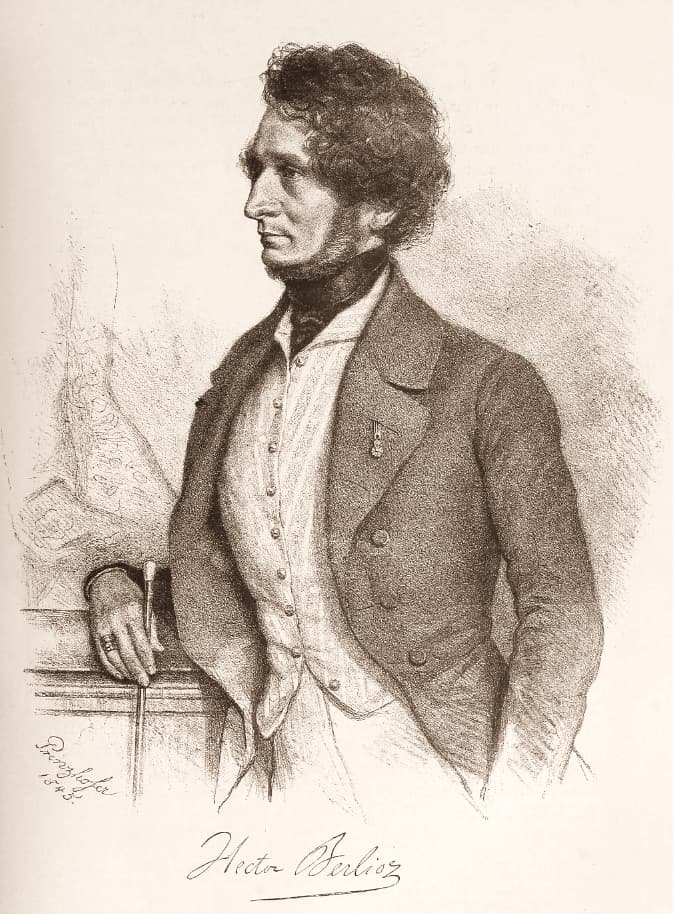
Hector Berlioz
Bertin was a friend of Hector Berlioz, and he knew Louise’s father very well, as he studied composition with Anton Reicha, Louise’s professor. Rousset explained that Bertin suffered from poliomyelitis and never married but was highly appreciated. She was born too early, but her time has definitely come.
There have always been rumours that Berlioz aided Bertin in her compositions. However, Rousset explains, “when Bertin presented her Esmeralda grand opera for the Opéra de Paris, critics presented that most parts were composed by Berlioz. He denied and confirmed in his memoirs that he never composed a single note in Esmeralda. Did you also notice that Les Nuits d’été in their first publication with piano accompaniment were dedicated to Louise Bertin?”
Hector Berlioz composed his own version of the Damnation de Faust, and Bertin’s version is “similar in their way of conceiving orchestral colours.” Rousset is convinced that Gounod’s Faust borrows from Bertin’s setting as “the structure of the piece is similar and the alternating light (and sometimes comic) and dramatic music works in the very same moments.”
Les Talens Lyriques Official website
For more of the best in classical music, sign up for our E-Newsletter

